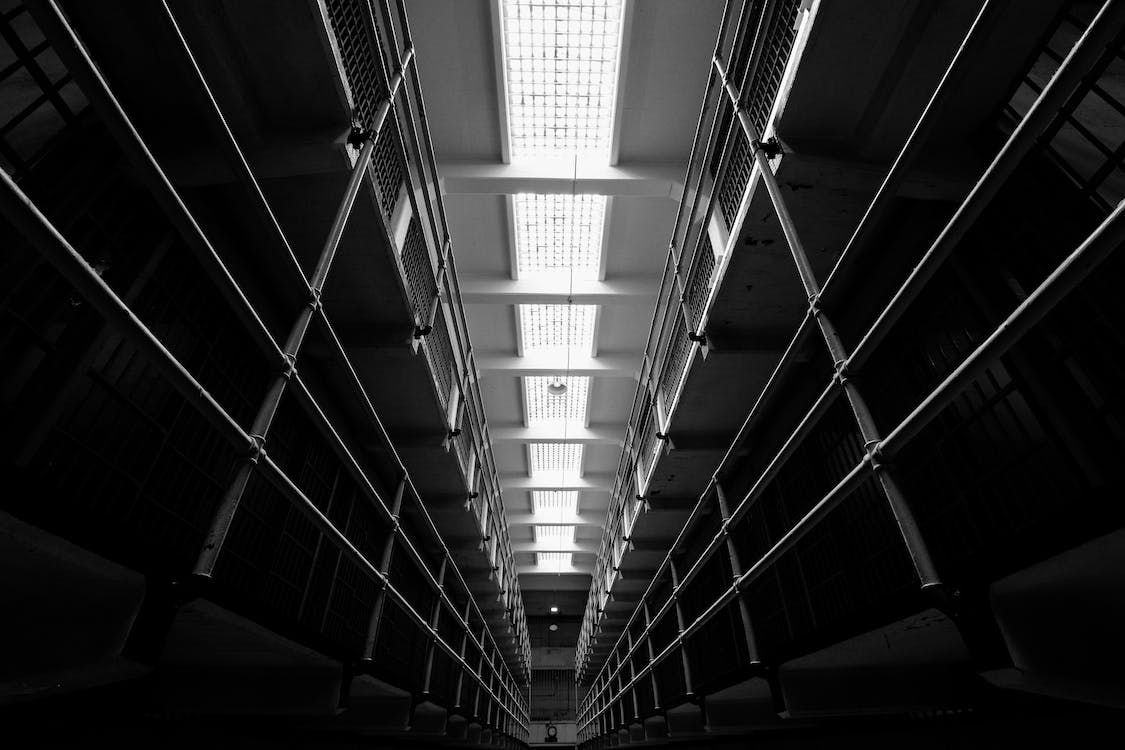Constantin-Lucian Spinu v. Romania, No. 29443/20, ECtHR (Fourth Section), 11 October 2022

This judgment has considerable grounds for interest as it focuses on the effects of the recent pandemic crisis on the management of pluralism and the identification of a proper balancing point between health security needs and the guarantee of fundamental rights.
In the present case, the appellant, an inmate at a Romanian prison, sought permission to continue to participate in the worship of his own church, Adventist, outside the prison, as was already the case before the onset of the Covid-19 emergency, without this being the cause of further restrictions. The penitentiary administration, however, denied such permission, rather offering the inmate to receive spiritual assistance online, so as to ensure that he would have adequate meetings with the minister of worship, but without leaving the prison and coming into contact with people living outside it.
Having exhausted domestic judicial remedies, the inmate therefore turned to the EDU Court, which, however, denied that the conduct engaged in by the prison institutions constituted a violation of Article 9 of the Convention, which guarantees freedom of thought, conscience and religion. Indeed, the restriction had to be assessed in light of the changing circumstances of the health crisis. The Court noted in this regard that the plaintiff had made his request on July 8, 2020, during the state of alert whose legislation provided for a gradual easing of previously imposed conditions, but where the changing needs of the public health situation and its unpredictability must have posed a number of novel challenges to prison authorities in relation to the organization and supervision of inmates' religious activities. Consequently, these authorities had to be given a wide margin of appreciation, especially since the applicant in this case had sought permission to leave the prison and have contact with people who were not themselves prisoners or prison staff, with an obvious risk of contracting the virus outside the prison and then carrying the infection into the closed environment of prison walls.
The prison where the applicant was held had introduced, then, the use of video conferencing for Adventist worship and was the first to offer online access to religious support. This solution was consistent with the practices that had become widespread during the health crisis, as well as with the recommendation of the European Committee for the Prevention of Torture and Inhuman or Degrading Treatment or Punishment (CPT) that any restriction of contact with the outside world should be offset by increased access to alternative means of communication. Certainly, such measures could not completely replace unmediated participation in religious services, but the effort made by prison authorities to counterbalance the restrictions imposed during the pandemic could not be denied.
It follows that the prison authorities' decision to reject the applicant's request was not made without considering his individual situation and the changed circumstances of the health crisis. Considering the wide margin of appreciation that had to be granted to the national authorities in the specific and unprecedented circumstances of the crisis, the EDU Court ruled that the applicant's right to manifest his religion had not been violated. Thus, it does not constitute a violation of Article 9 of the European Convention on Human Rights to refuse to allow a prisoner to participate in his church's worship outside the prison due to Covid-19 restrictions, in light of the problems caused to the prison authorities in organizing or supervising the religious activities of prisoners by the evolving health situation and its unpredictability, all the more so if the applicant seeks permission to leave the prison and come into contact with people outside the prison and if the prison where the applicant is held already offers online religious assistance.
(Comment by Alessandro Negri)

